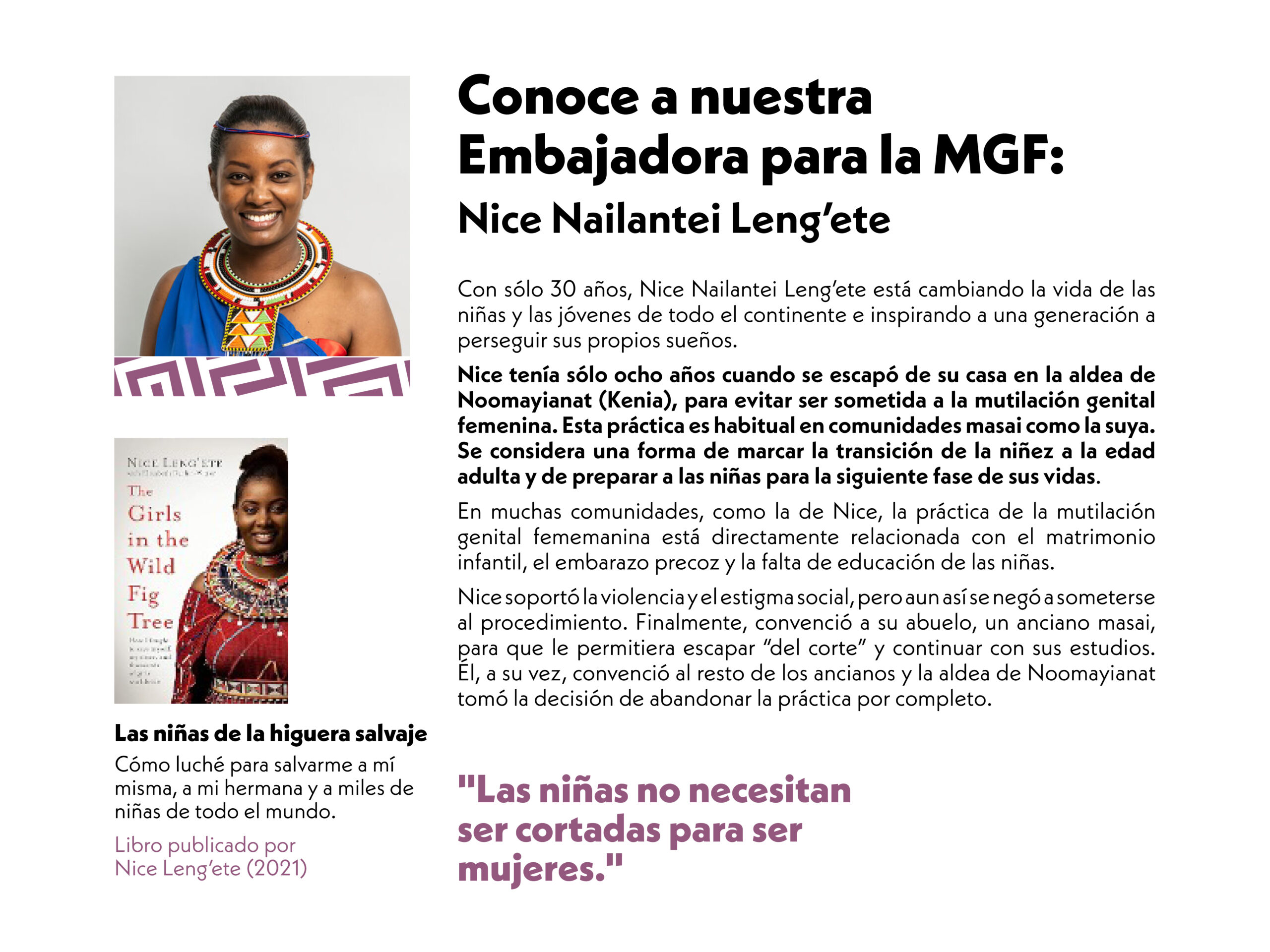Consent based on desire

Consent based on desire
Consent is an agreement between two or more people to do something voluntarily, without pressure or coercion of any kind, freely and desired.
Agreeing to have your hair cut, to get an injection, or to open your mouth to be fed if you need assistance, are situations in which consent is key. When someone asks us for permission to do something with our body, we have the right to say no if we feel like it.
In the same way, we must make sure that the people we engage with want what is happening. Listening and respecting their response is very important. A silence from the other person or a tense body posture may indicate discomfort for whatever reason.
But, be careful! Consent is not something so simple, it has many nuances, below we will tell you some examples in which it seems that there is consent but there is not :
- It may happen that we agree to do something to please or please the other person and not want it.
- It may be that at first we feel like doing something and then the desire passes, but we are afraid to communicate that we have changed our mind.
- There may be a situation of power imbalance, in which we occupy a submissive role with respect to the other person or people, and we are unable to express what we want.
Can you think of more examples?
Sexual Education, among many other things, helps us understand that our pleasures, our desires and our body are important and that we have the power to decide about them. Some things such as inexperience, power dynamics and situations, shyness, lack of communication skills, being in a state of low self-esteem, etc., can make it more difficult for us to set limits.
Therefore, if we realize that we don’t want something, we have the right to change our mind. Sometimes we think that the other person might get angry at our refusal, but regardless of whether this happens or not, we have to give importance to our feelings and put our decision first.
The ingredients of consent
For consent to be true, it must be:
- Wanted. As we already know, the first thing is the desire, in this case, to want to share a sexual experience with other person(s).
- Reciprocal. All people involved must want it.
- Specific. A person may want to do a specific practice but not another. In an erotic encounter, consent cannot be extended to all practices, but each one must be explicitly desired and consented to.
- Reversible. We can change our mind at any time. Desire is very changeable and there are many factors that come into play during an erotic encounter.
- Volunteer. Ensure that we are in a situation free of pressure, blackmail, manipulation or any conduct that restricts the freedom of decision of the people involved.
Consensus. Something very useful is reaching agreements through assertive communication and empathetic listening.

My desire is important because I am important.
Our desires arise from interaction, we don’t always know what we want, sometimes we discover things we didn’t know we might like, sometimes we discover what we want only when we do it. Therefore, it can be confusing or unclear at certain times, both for us and ourselves, and for the other person(s), and it is common for this to happen, since we do not always know what we want and not always We will be able to say it clearly. That is why communication is important, even when in doubt, to promote a better experience.
